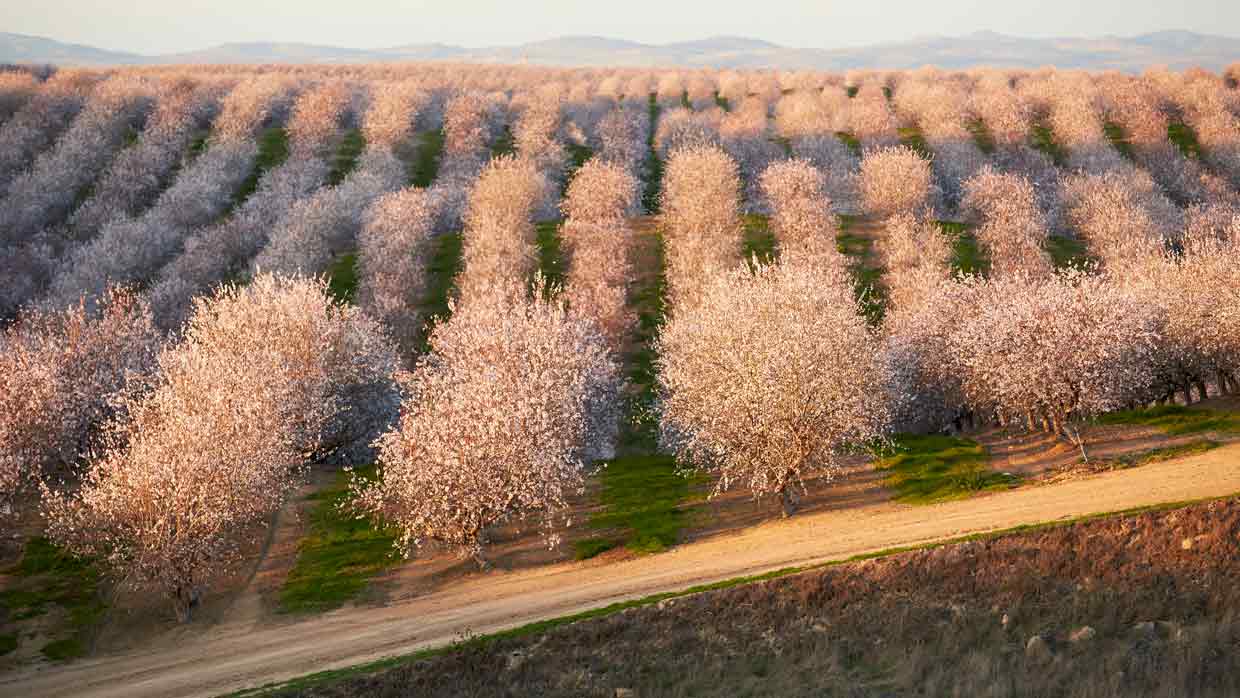



Article by: Hari Yellina
To help prepare the area for fresh plants, a Victorian almond producer is burying entire 30-year-old trees. In a method known as entire orchard recycling, which has been embraced in the United States, the chipped-up lumber will be absorbed back into the soil. Neale Bennett, a long-time almond grower, said he had been watching the method blossom in California and was eager to put it to the test. “There is no doubt that we have a commitment to grow as sustainably as possible,” he added, adding that “there is always an opportunity for improvement.” “We all want to build long-term business models, and if that involves doing things differently, I believe our industry has a strong track record of accepting change and innovation.”
Mr Bennett’s farm is near Merebin, Victoria, and it has mulched roughly three hectares of 30-year-old trees. The productivity of the orchard begins to drop at this age, signalling to the producer that it needs to be renovated. The ability to use carbon and physical material to offer a perfect platform for new trees is one of the ideas’ appeals. It takes the place of the old method of burning the trees once they’ve been removed from the orchard. Hort Innovation is carrying out the work, which is being led by the South Australian Research and Development Institute (SARDI), the Department of Primary Industries and Regions’ research arm (PIRSA).
While full orchard recycling is employed in the United States, the goal of the research is to investigate if similar environmental benefits can be achieved in Australia. Almond tree trunks, branches, and roots gather considerable amounts of carbon over their lifecycle, according to SARDI lead scientist Paul Petrie, and his team will be searching for ways to harness that carbon through this study. “We want to assess the impact of entire orchard recycling on an Australian almond orchard’s carbon footprint, including carbon storage and turnover in the soil, soil greenhouse gas emissions, and any effects on newly planted trees,” he said.
Researchers will also evaluate potential co-benefits from orchard recycling, such as faster orchard tree development, increased irrigation efficiency, and enhanced soil health, according to Dr. Petrie. Tim Jackson, chief executive officer of the Almond Board of Australia (ABA), said the research will bring scientific rigour to the benefits of entire orchard recycling in Australian circumstances. It will help with orchard redevelopment initiatives, as well as quantifying expectations surrounding carbon farming, soil health changes, irrigation efficiency improvements, and productivity gains, he said. “The recycling outcomes on Californian soils have been warmly embraced,” he said, “and are adding to the industry’s long-term aspirations to become at least carbon neutral.”